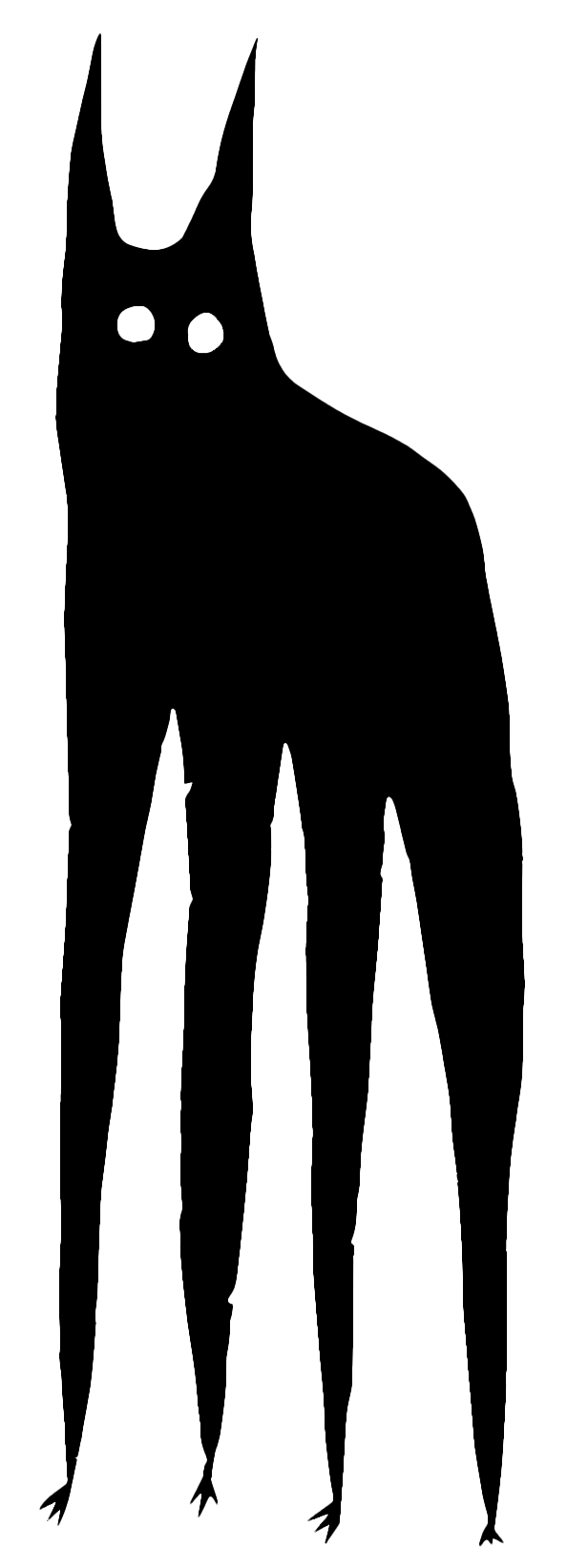

Little Jumbo's creative music series functions as a cultural incubator—providing space for the genesis of new musical ideas. Every Monday and Tuesday, we showcase world-class musicians performing original, boundary-pushing work—completely free, no cover charge. This isn't background music; it's music in its purest form: live, unfiltered, and pushing the genre forward in real time. As an incubator, we create space where musicians explore new sonic territories and audiences encounter ideas they've never heard before. Democratizing access to exceptional art is who we are—it's the same philosophy behind everything we do.
Forget dinner reservations and overpriced roses. This Valentine's Day, DJ Lil Meow Meow takes over Little Jumbo to spin the kind of beats that make strangers dance together and couples fall in love all over again. Whether you're celebrating with your sweetheart, your best friends, or your beautifully independent self, come shake it off and let the music do the talking. No wilting flowers, no awkward small talk over prix fixe menus—just good drinks, great company, and a dance floor that doesn't care about your relationship status. Dress cute. Dance weird. Love hard. See you there.
Sanders, Boyd, Page & Hall distill the pure essence of improvisational expression, converging as alchemists of sound, transmuting musical elements into their most essential forms. This quartet embodies the philosophical concept of quintessence—the fifth element beyond earth, air, fire, and water—representing the fundamental substance from which all musical reality springs.
Their original compositions crystallize the essential qualities of diverse influences, oscillating between through-composed musical themes, groove-based soul explorations, traditional jazz-influenced pieces, Americana-inspired peaceful melodicism, world music influences, free jazz adventures, and occasional forays into cacophonous noise music. Through years of improvisational study, they've learned to access that rarefied space where genres dissolve into pure creative energy.
In this musical laboratory, Sanders' guitar becomes a conduit for universal vibration, Boyd's reeds channel the breath of consciousness itself, Page's bass provides the fundamental frequency of existence, while Hall's percussion creates the rhythmic heartbeat of the cosmos.
Sanders, Boyd, Page & Hall distill the pure essence of improvisational expression, converging as alchemists of sound, transmuting musical elements into their most essential forms. This quartet embodies the philosophical concept of quintessence—the fifth element beyond earth, air, fire, and water—representing the fundamental substance from which all musical reality springs.
Their original compositions crystallize the essential qualities of diverse influences, oscillating between through-composed musical themes, groove-based soul explorations, traditional jazz-influenced pieces, Americana-inspired peaceful melodicism, world music influences, free jazz adventures, and occasional forays into cacophonous noise music. Through years of improvisational study, they've learned to access that rarefied space where genres dissolve into pure creative energy.
In this musical laboratory, Sanders' guitar becomes a conduit for universal vibration, Boyd's reeds channel the breath of consciousness itself, Page's bass provides the fundamental frequency of existence, while Hall's percussion creates the rhythmic heartbeat of the cosmos.
The Brian Felix Organ Trio is the jazz/funk organ group of the future. Rooted in the deep traditions of organ-driven jazz, funk, and soul, the trio blends reggae, samba, surf rock, gospel, and ambient soundscapes into a unified and forward-looking musical vision. Known for its telepathic interplay, deep grooves, and daring spontaneity, the trio has been captivating audiences throughout the southeastern United States. The group’s most recent release, Level Up (Slimtrim Records, 2025), a collection of all-original compositions, has been described as “delightful and eclectic” (Noah Baerman, noahjazz.com) and its title track appeared as All About Jazz’s “Jazz Song of the Day.”
Based in Asheville, NC (USA), Brian Felix is an internationally recognized jazz keyboardist and organist whose work spans groove-based improvisation, jazz-rock, and contemporary creative music. He was co-leader of OM Trio, an acclaimed San Francisco–based jazz-rock group that toured internationally from 1999–2004. Felix has performed at venues and festivals including the Fillmore Auditorium and Great American Music Hall (San Francisco), the Bowery Ballroom and Mercury Lounge (New York City), and the Aberdeen Jazz Festival (Scotland). His performance history includes collaborations with Joshua Redman, Charlie Hunter, Umphrey’s McGee, Sara Caswell, Billy Hart, Joe Russo, Kelly Sill, and Dave Fiuczynski.
The regular working trio features guitarist Tim Fischer and drummer Evan Martin, both integral voices in shaping the group’s sound and musical chemistry.
Felix is also a Professor of Music at UNC Asheville, where he teaches jazz theory and improvisation, jazz ensembles, music business, keyboard skills, The Beatles, and The Grateful Dead.
Website: www.brianfelix.com
Casey Driessen: Sunday Bazaar at Little Jumbo is a monthly residency on the 3rd Sunday where music spills out like treasures in a bustling market. Fiddle loops, wild grooves, sonic oddities, and vibrant rhythms mix together in a swirl of color and sound. Tease your tastebuds with expertly crafted cocktails and soak in the cozy, electric atmosphere. No two nights are alike—wander in, follow your ears, and see what you discover.